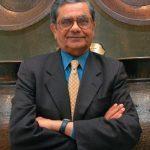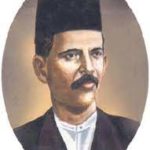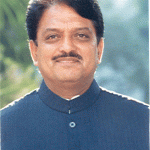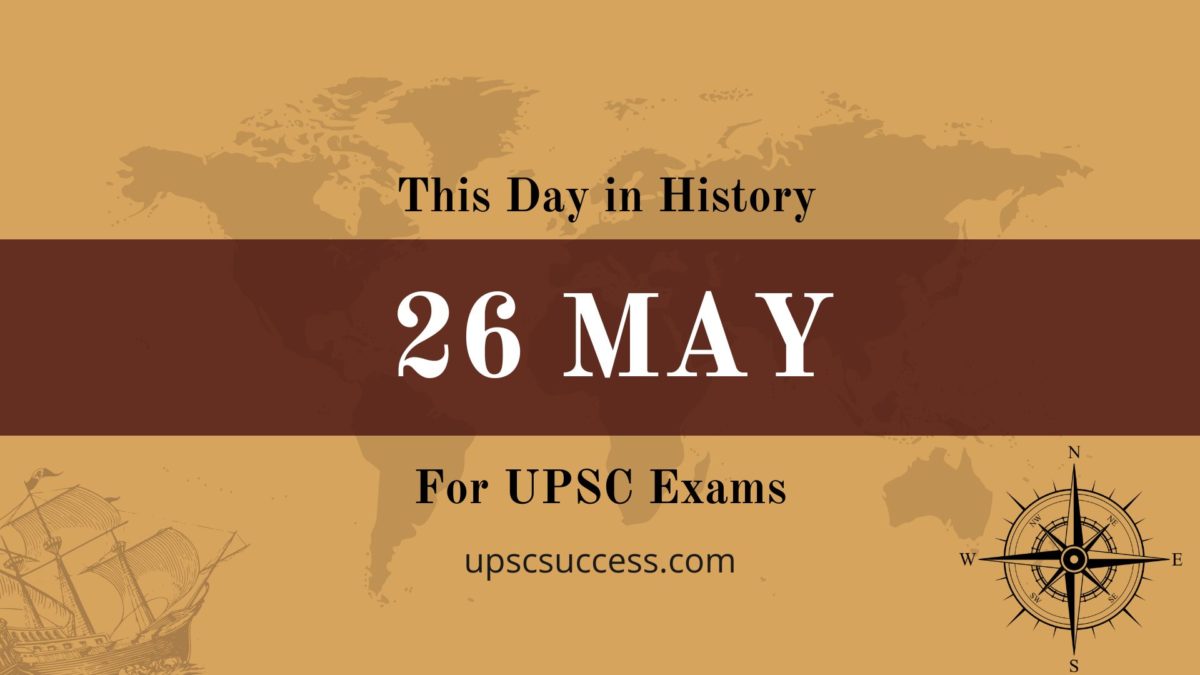Contents
This Day in History on 26th May
The historical events hold a lot of value for aspirants who are sitting for UPSC competitive exams including the IAS Exam.
On this page, we will list all historical events that occurred on the 26th of May. The students can refer to them while preparing for all competitive exams and banking exams.
Important Days
- Mother’s Day (Poland)
- National Paper Airplane Day (United States)
Important Events


1739: Afghanistan was separated from the Indian empire as a result of a treaty signed between Mughal Emperor Muhammad Shah and Nadir Shah.
1896: Nicholas II became Tsar of Russia.
1946: Gandhiji considers the ‘Plan’ the best document produced by the British Government under the circumstances.
1948: First-ever trade agreement with Pakistan.
1957: Janta Insurance Scheme was inaugurated in Bombay.
1986: European Union (EU) adopted a new flag.
1993: The Centre decides to implement the Mandal Commission recommendation to provide 27\% reservation for the socially and educationally backward classes in the Central Services from 15th June.
1997: Government decides to allow the use of environment-friendly LPG as a motor vehicle fuel.
1998: Prof. Jagdish Bhagwati, an economist, was awarded the 1998 Freedom Prize of the Max Schmidmeiny Foundation.
1999: PSLV-C2, a polar satellite carrier from Sriharikota, successfully launched India’s ISSP4 (OceanSat), Korea’s Kitsat, and Germany’s DLR-Tubsat.
1999: In a World Cup match against Sri Lanka, Sourav Ganguly and Rahul Dravid notched a mesmerizing partnership of 318 runs for the second wicket in Taunton.
1998: S. Chandrasekar, the scientist, was selected for the Niels Bohr-UNESCO gold medal.
2000: In a significant development, the Government decides to allow disinvestment up to 60 per cent equity of Air India.
Birthday / Anniversary

1885: Govindagraj (Ram Ganesh Gadkari), great Marathi playwright, comedy author, and poet, was born.
1902: Sadashiv Anant Shukla (Kumudbandhav), an Indian playwright and writer.
1906: Benjamin Peary Pal, internationally famous scientist of Indian agriculture, was born at Mukundpur, Punjab. In 1929, he went to Cambridge to do research on wheat and he returned to Burma with a Ph.D. five years later. In 1933, he got a research job with what is now known as the Indian Agricultural Research Institute in New Delhi. In 1965, Pal became Director General of the newly founded Indian Council of Agricultural Research in New Delhi. He has written several books on roses, the most popular being “The Rose in India”.
1916: Rangnath Manohar Joshi (Nirmal Guruji), the Marathi author, was born.

1926: Kankalta, freedom fighter, was born in Bargawadi village at Assam. She was shot when she tried to flur the Indian National Flag in Gopur, Assam.
1930: Karim Emami, a highly regarded Iranian translator, editor, lexicographer, and literary critic.
1935: Swami Mrigendra Channaya, great Social Scientist in Maharashtra, was born.
1937: Manorama, an Indian actress, playback singer, and comedian.

1938: K. Bikram Singh, Indian director, and producer (d. 2013)
1945: Vilasrao Deshmukh, an Indian politician and former Chief Minister of the state of Maharashtra.
1961: Tarsem Singh, Indian-American director, producer, and screenwriter
1968: Dilip Joshi, an Indian film and television actor.
1983: Sushil Kumar, an Indian freestyle wrestler.

Death / Death Anniversary
1703: Samuel Pepys, famous for the diary he kept for a decade while still a relatively young man.
1908: Mirza Ghulam Ahmad, the Indian religious leader, founded the Ahmadiyya movement (b. 1835)

1943: Edsel Ford, an American business executive, and philanthropist.
1983: R. V. Marathe, father of Postal Index, passed away.
2000: Prabhakar G. Surur (93) died in Mumbai.
2014: Baselios Thoma Didymos I, Indian metropolitan (b. 1921)

